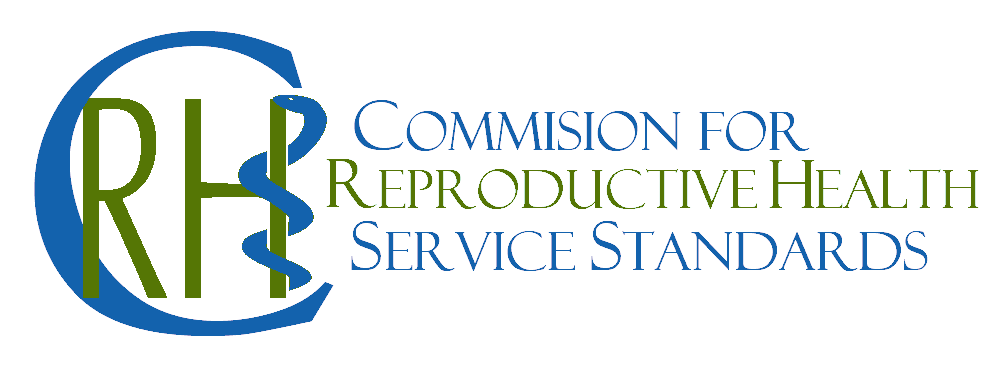The ethical category of Non-Malfeasance represents the doctor’s attempt to avoid any act or treatment plan that would harm the patient or violate the patient’s trust, and has been popularized in the phrase “first, do no harm.” Non-Malfeasance is supported through Confidentiality and Prevention. Confidentiality means maintaining the privacy of patient information, and is the framework in which open, comprehensive doctor-patient communication can take place. Benjamin Franklin’s proverb “an ounce of prevention is worth a pound of cure” is a pithy but true commentary on the ethical necessity of Prevention, which comes in two shapes: (1) helping the patient maintain good health to avoid deteriorating conditions and (2) ensuring that all less invasive treatment options are considered before recommending higher-risk measures. It is critically important that the specialist provider of highly invasive treatments uphold Non-Malfeasance by ascertaining that all less-invasive options have been considered by the patient in conjunction with the PCP (for Continuity of Care) before attempting invasive treatment.
